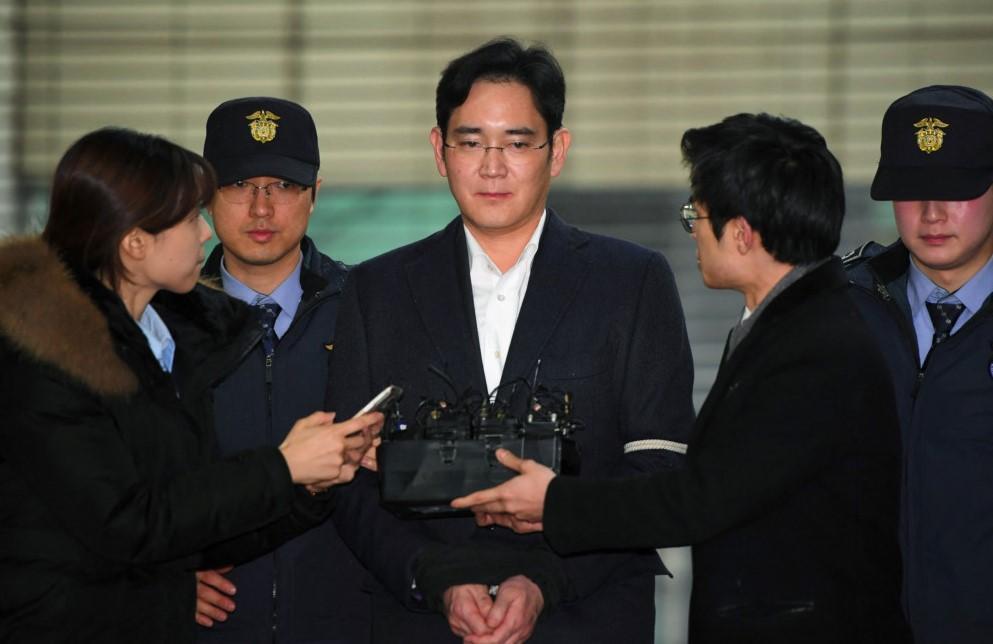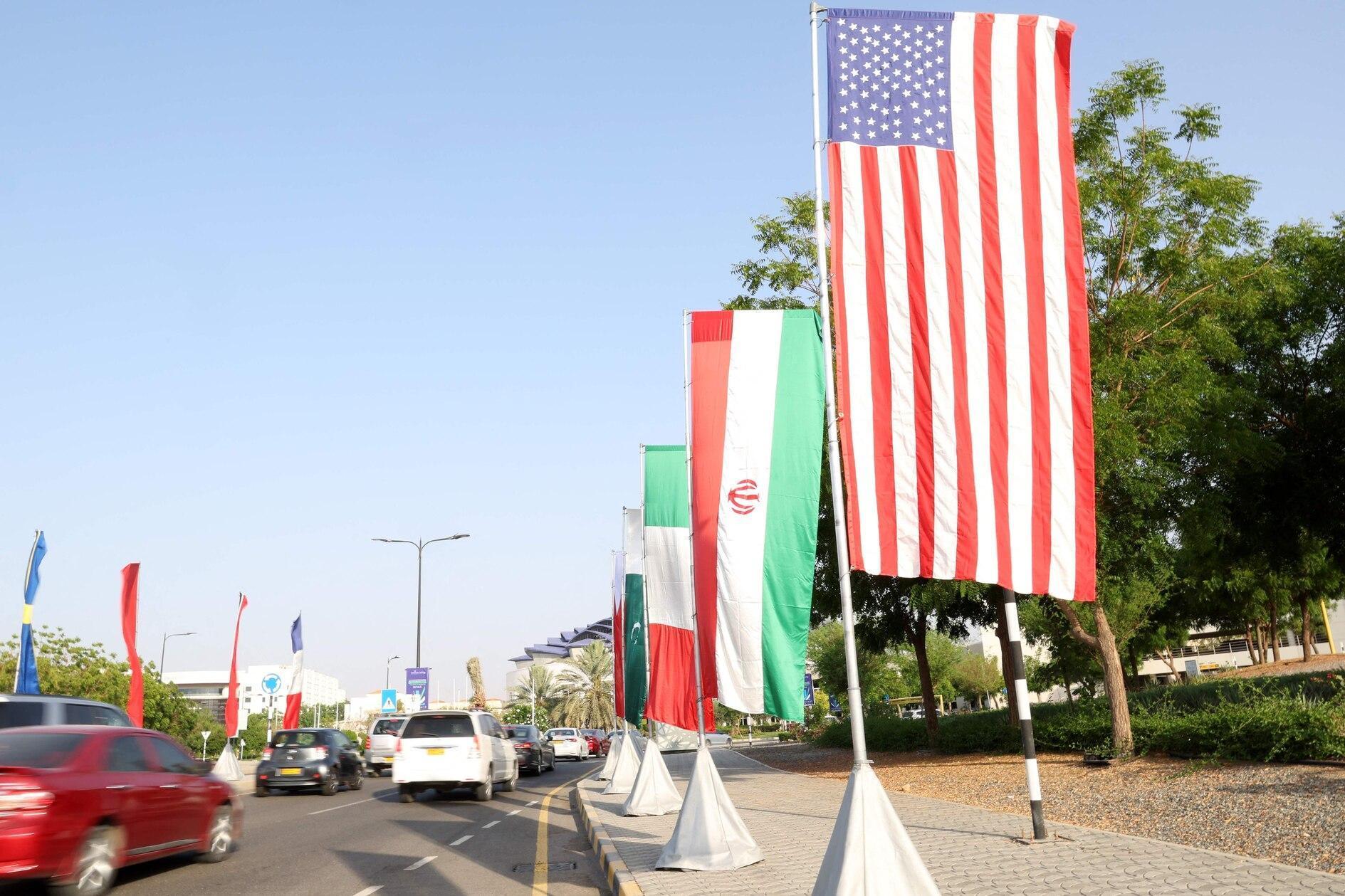South Korea pardons Samsung boss ‘to help the economy’
SEOUL

The heir and de facto leader of Samsung group received a presidential pardon on Aug. 12, the latest example of South Korea’s long tradition of freeing business leaders convicted of corruption on economic grounds.
Billionaire Lee Jae-yong, who was convicted of bribery and embezzlement in January last year, will be “reinstated” to give him a chance to “contribute to overcoming the economic crisis” of the country, Justice Minister Han Dong-hoon said.
Lee - the 278th-richest person in the world, according to Forbes, with a net worth of $7.9 billion - was released on parole in August 2021, after serving 18 months in jail, just over half of his original sentence.
The pardon will allow him to fully return to work by lifting a post-prison employment restriction that had been set for five years.
“Due to the global economic crisis, the dynamism and vitality of the national economy have deteriorated, and the economic slump is feared to be prolonged,” the Justice Ministry said in a statement.
The pardon was given so that Lee - as well as other high-level executives receiving pardons on Aug. 12 - could “lead the country’s continuous growth engine through active investment in technology and job creation,” the ministry added.
Lee, 54, was pardoned along with three other businessmen, including Lotte Group Chairman Shin Dong-bin, who was sentenced to a suspended two-and-half-year prison term in a bribery case in 2018.
He was jailed for offences connected to a massive corruption scandal that brought down former president Park Geun-hye.
The giant Samsung group is by far the largest of the family-controlled empires known as chaebols that dominate business in South Korea, the world’s 12th-largest economy.
His pardon follows Samsung unveiling a massive 450 trillion won ($356 billion) investment blueprint for the next five years, aimed at making it a frontrunner in a wide range of sectors - from semiconductors to biologics - and creating 80,000 new jobs
















